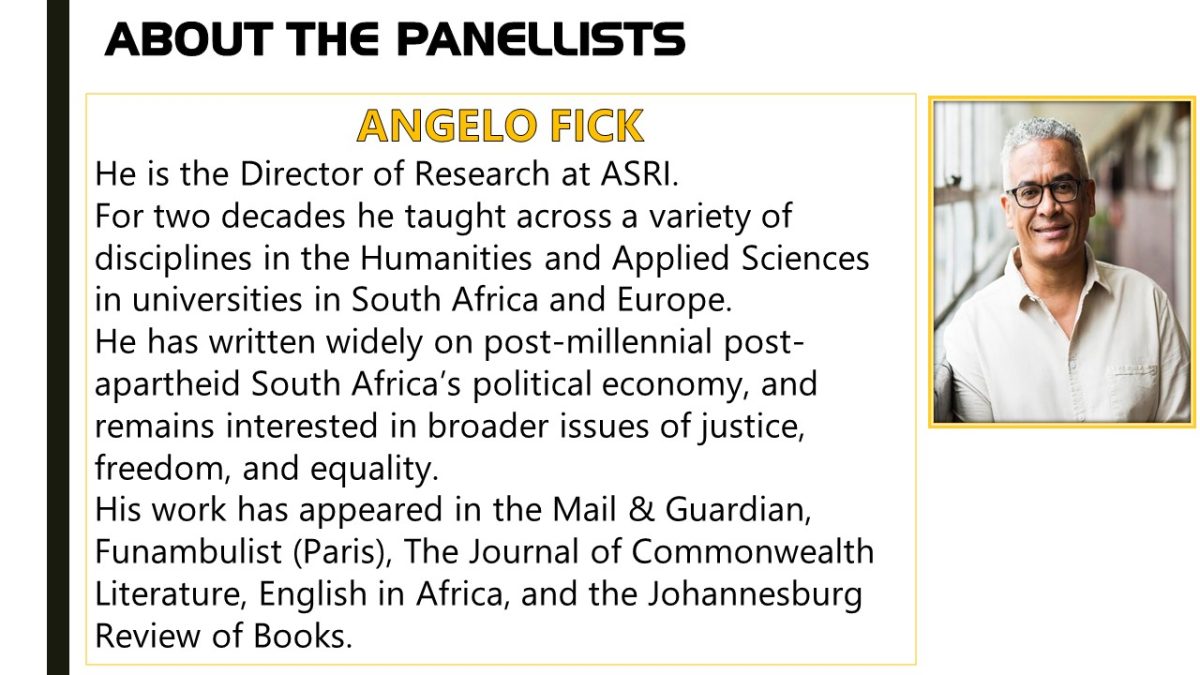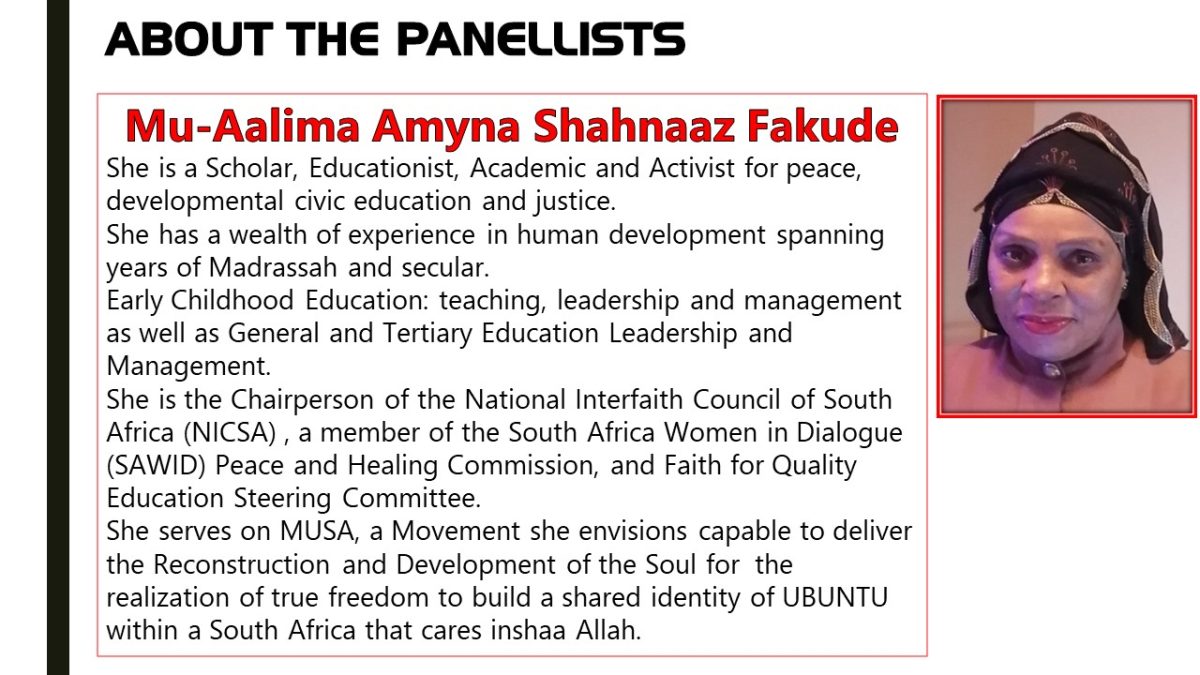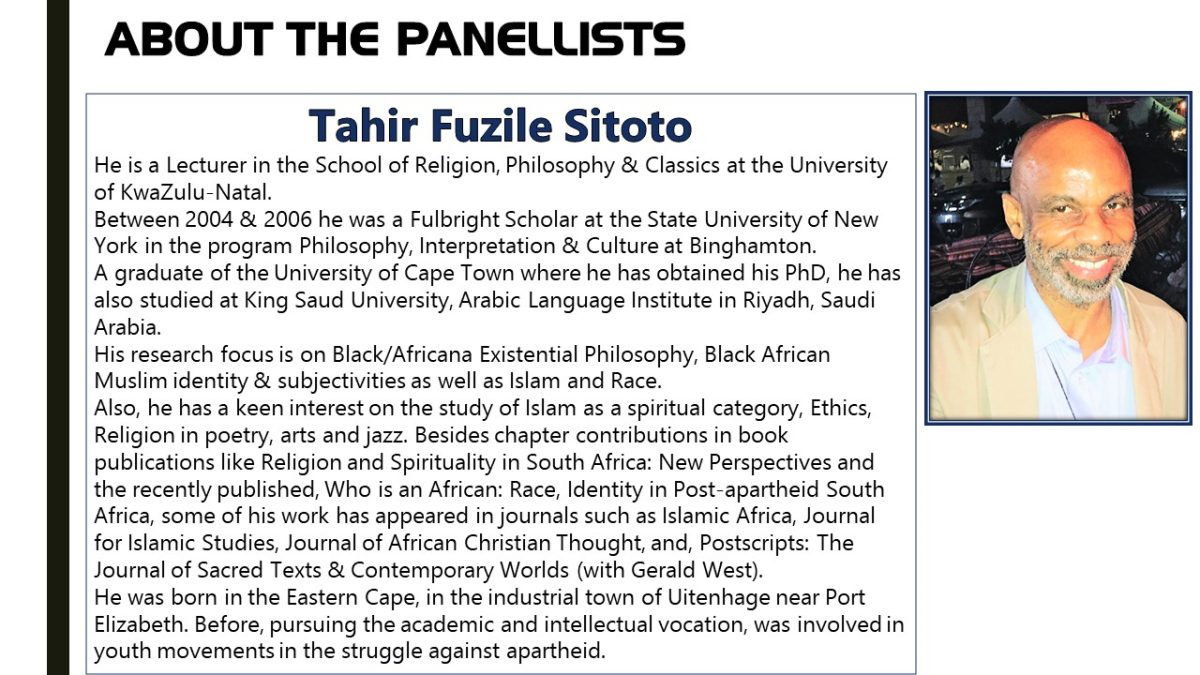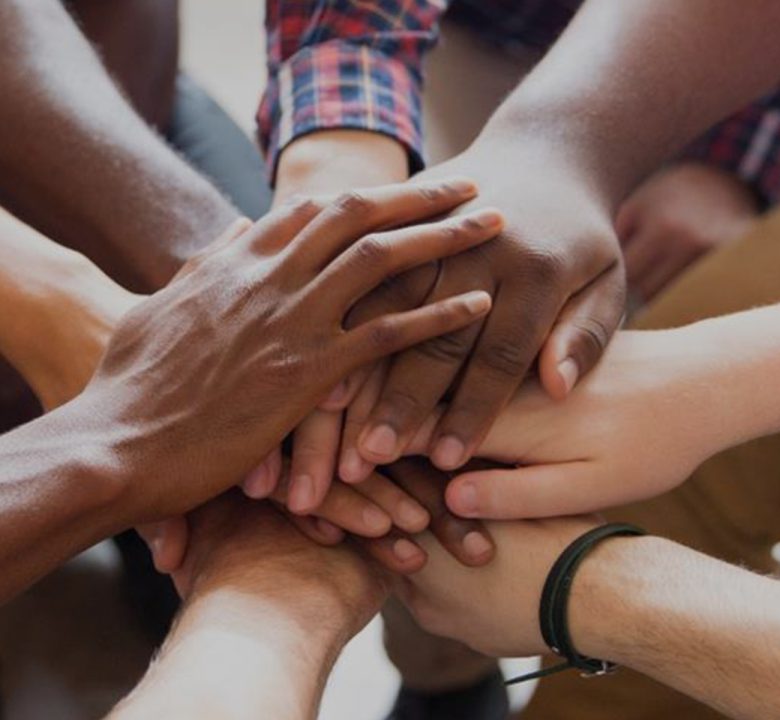Implications of attaining social cohesion

Critical learning on strategic leadership
April 25, 2020
The Birth of MUSA
July 1, 2020On 9 May 2020, MUSA Connect hosted an open session on the question of whether there is a need for social cohesion with the fragmented state of the South African society. The three speakers, experts on the matter, had the following contributions to make:
One of the most used strategies to motivate people to come together in some attempt at social cohesion is to stand together in opposition to something. Mr Angelo Fick advocated that it is time to move beyond this. This approach does not address the differences that have come to exist within the collective of the human race and by overlooking these disparities will ultimately undermine the sense of the collective achieved. He explained that any sustainable unity between us will have to be based on mutual feelings with the well-being of humanity at its heart.



One of the most used strategies to motivate people to come together in some attempt at social cohesion is to stand together in opposition to something. Mr Angelo Fick advocated that it is time to move beyond this. This approach does not address the differences that have come to exist within the collective of the human race and by overlooking these disparities will ultimately undermine the sense of the collective achieved. He explained that any sustainable unity between us will have to be based on mutual feelings with the well-being of humanity at its heart.
MUSA representative, Mu-Aalima Amyna Fakude pointed out that the existing social fragmentation will always undermine any attempts at social cohesion. To achieve this she suggested targeting change within the family structures. Emotional well-being is achieved and sustained in homes and in this way this level of advocating for change supports Mr Fick’s standpoint. Mu-Aalima Fakude stresses the need to educate families on how to promote and develop their capacity to participate in inclusive citizenship
Dr Tahir Sototo rather than speaking to the concept of social cohesion spoke to the role of MUSA in the development of unity within our communities. He stated that the movement’s legitimacy would be measured by the degree of social harmony it can achieve within its own members’ communities. He went further to explain that the proof people needed to believe in any group’s effectiveness and credibility are its ability to “clean its own house”. Dr Sototo reminds us that social cohesion is not just a term to show that you have the best interest of the people at heart. Rather, it is in bringing about the change required that demonstrates the group’s intent.



